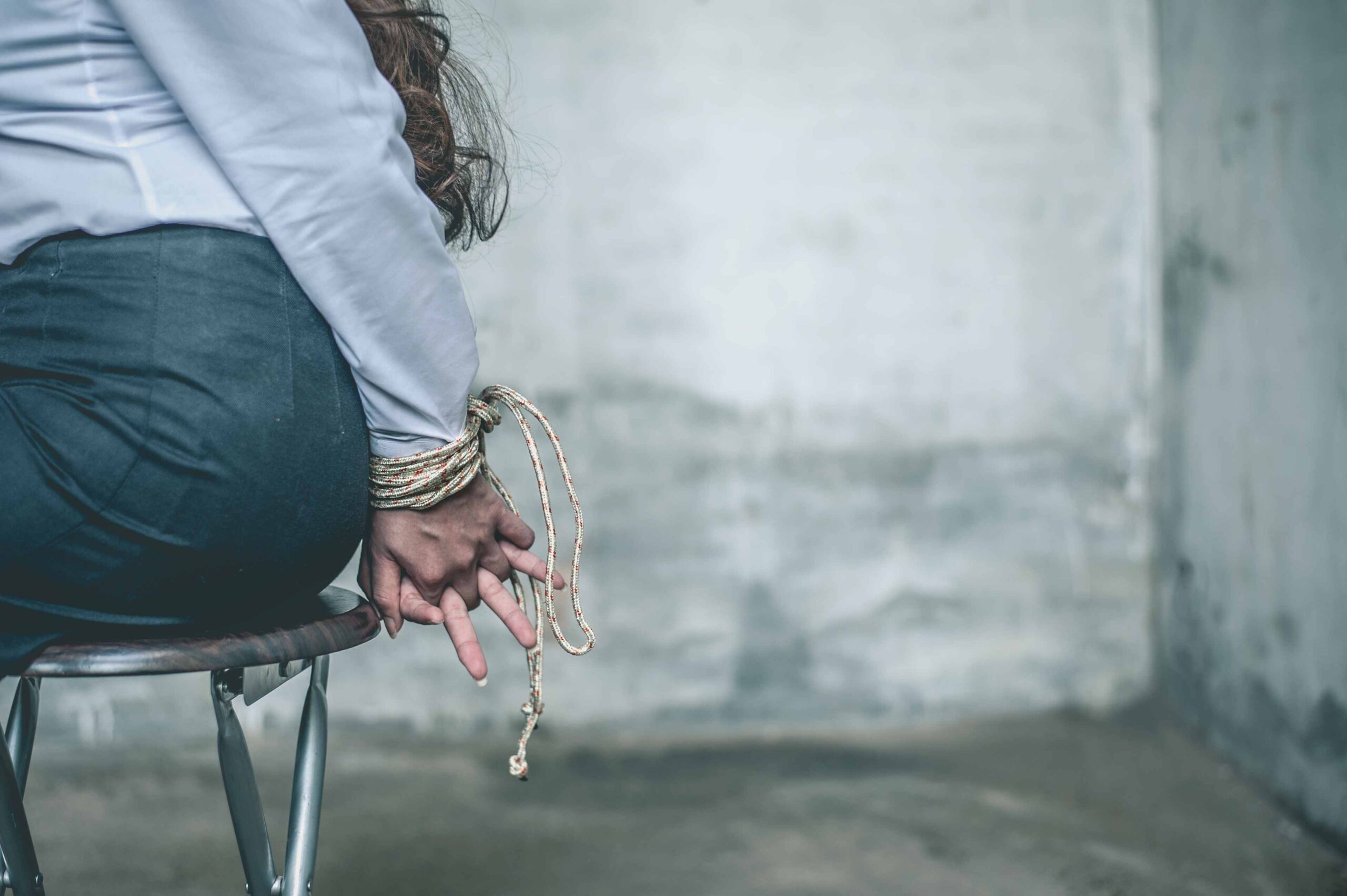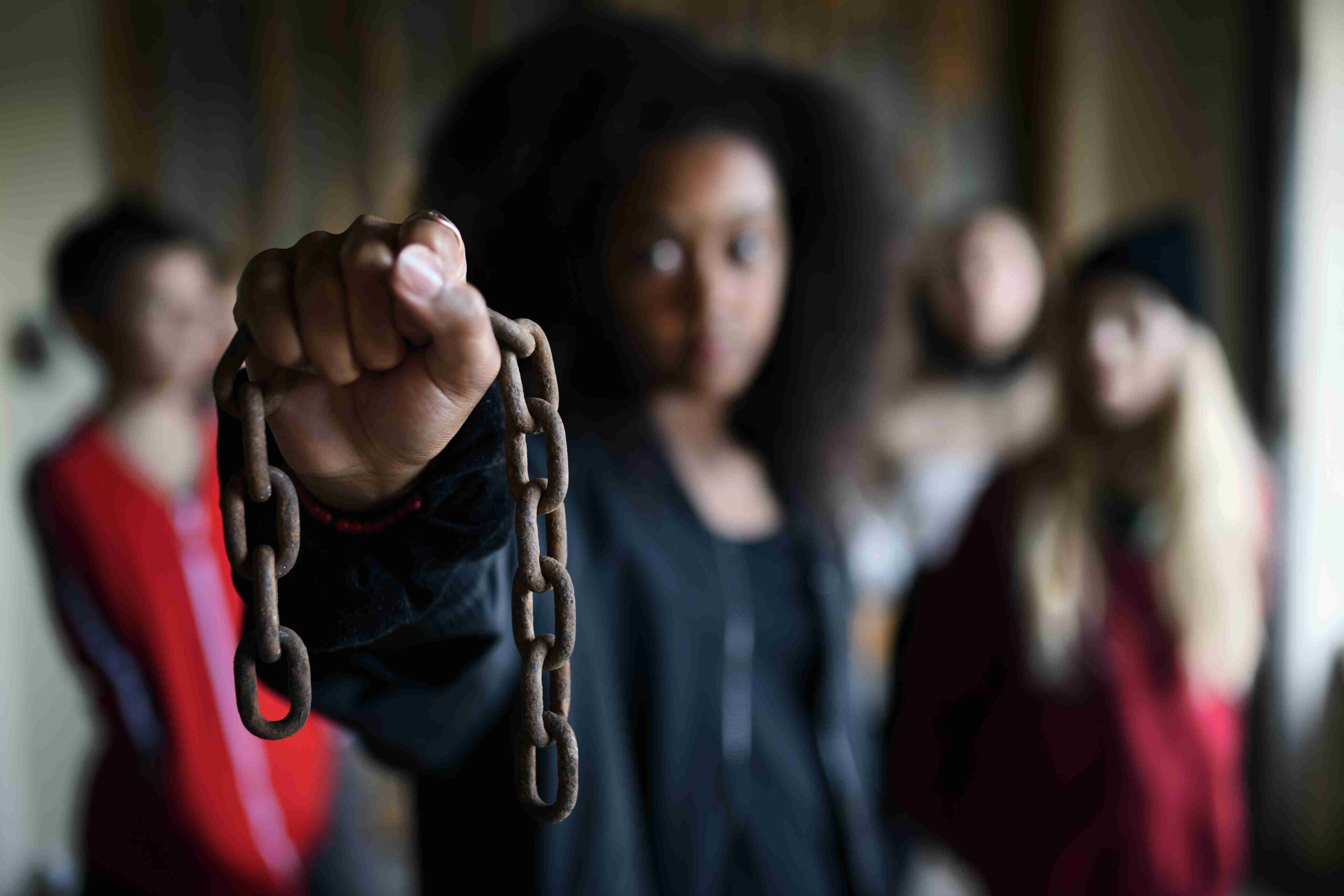Texas Agency Gears Up to Combat Sex Trafficking in Massage Parlors
The Texas Department of Licensing and Regulation (TDLR) is intensifying efforts to combat labor and sex trafficking in illicit massage parlors across the state. Executive Director Brian E. Francis unveiled the crackdown plan during testimony at the Texas Senate on February 26, 2020, signaling a significant step in addressing the state’s trafficking crisis.

The Scope of the Crackdown
TDLR inspectors, accompanied by local law enforcement, plan to target an estimated 1,069 illicit massage businesses operating across Texas. The agency’s goal is to disrupt operations often linked to labor and sex trafficking networks, including those associated with Chinese organized crime syndicates. Here are some key elements:
- Inspectors will operate unannounced to avoid tipping off traffickers.
- Teams will act on a combination of database records and outside tips.
- A newly formed anti-trafficking rapid response team, staffed with 12 hires, has undergone extensive training to identify and assist trafficking victims.
Francis highlighted the importance of victim support, saying, “When we come across a survivor, we will connect them to resources.”
Recent inspections uncovered cases of labor trafficking, including one involving a male manager forced to work 14-hour days without the freedom to leave.
 Broader Impacts of Trafficking
Broader Impacts of Trafficking
Dr. Vanessa Bouché, a human trafficking researcher at Texas Christian University, emphasized the range of violations connected to illicit massage businesses, from debt bondage and visa fraud to tax evasion and money laundering. Bouché’s investigations revealed harrowing accounts of trafficked individuals, such as a woman coerced into working seven days a week after being relocated from New York to Texas.
Expanded Oversight Needed
The Texas Alcoholic Beverages Commission (TABC) is another agency tackling trafficking. TABC Commissioner Kevin Lilly highlighted the challenges posed by bring-your-own-beverage (BYOB) establishments, which bypass state liquor license requirements. Lilly urged the Legislature to expand TABC’s oversight over these venues and implement electronic age verification for strip club employees.
With additional funding from the Texas Legislature, TDLR and TABC are stepping up their fight against trafficking. These coordinated efforts aim to dismantle illegal operations, provide support for survivors, and close regulatory loopholes that allow traffickers to evade justice.
